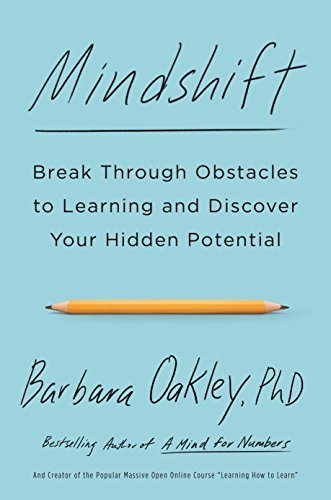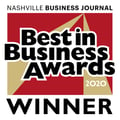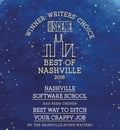Are you having trouble deciding if you want to shift to a new career? Not sure if you can learn to code? Do you believe you are bad at math or can’t learn science? Maybe you are being blocked by your own mind. Maybe what you need before you can tackle anything new is a mindshift.
 Mindshift is the title of a new book that may give you the key to unlock the future that you’re blocking. It’s a book that I will be recommending to our applicants in the future and to all those who are wrestling with the question whether they can and should change their career or the direction of their life through learning.
Mindshift is the title of a new book that may give you the key to unlock the future that you’re blocking. It’s a book that I will be recommending to our applicants in the future and to all those who are wrestling with the question whether they can and should change their career or the direction of their life through learning.
Barbara Oakley, the author of Mindshift, is herself a great story. Self-described as a failure at math and science based on her elementary and high school experience, she is now a PhD and a professor of engineering. Oh, and she is also the creator of the most popular online course in the world - Learning How to Learn - on Coursera.
How does one go from a math and science incompetent to engineering professor? Well, it starts with a mindshift, or maybe a whole series of them. In Mindshift, Oakley uses the stories of a number of adult learners, from all over the world, to illustrate what she means by a mindshift. She uses these stories to define the different types of mindshifts, and to show how we all have the potential to learn and grow and change careers if we put our minds to the challenge in the right way.
I was struck by how similar the stories of the individuals in Mindshift are to the stories we see every day at NSS - the stories of our students and graduates. And it clicked for me how so many of the NSS students that struggle the most at NSS are struggling mostly with themselves - with their internal stories and beliefs. I think many of those students never quite made the necessary mindshift(s) before committing to an immersive, intensive learning process like NSS. They have all the potential to learn the material, but they need to reframe or some other form of mindshift. I think most would benefit greatly by putting into action some of the tactics in Mindshift.
If you’re curious to learn a bit more about Mindshift but not quite ready to commit to reading the book, here’s a podcast with Dr. Oakley talking about herself and the book that will take you a bit deeper into the idea of mindshifts. The podcast is called “How to be Awesome at Your Job” and this is episode 146, “Accessing Your Brain’s Hidden Potential with Barbara Oakley”.
Here’s a quote from the podcast - this is Dr. Oakley speaking about some of her own history but also about the difference between what you’re good at today vs. what you have the potential to become good at tomorrow.
The fundamental idea is that you can change a lot more than you think you can, and that don’t put yourself in a box about what your capabilities are. We often take aptitude tests and then we kind of think, “Oh, this is the area that I’m good at.” But what that really is telling you is what you’re good at right now, at the time you’re taking the test.
If I had taken tests when I was 25, say, and, “What are you good at? What field should you go into?” The last thing on that list, like rock bottom, would’ve been become a professor of engineering. But that’s what I am today and I’m a very happy one. So what I really want to help inspire people to do is to look at stories, like incredible stories, of how people have made changes, sometimes super dramatic, and sometimes just small tweaks, that have improved their lives, and to kind of give sort of a number of different templates that you can try on for size mentally yourself and use to inspire you with new ideas about things that you can do.
Here’s one last bonus quote from the podcast that could well be talking about one of our recent NSS graduates!
An event planner decided that she would learn about computer programming because if she did she could get this great new job. And, to her shock, she knew nothing about computer programming but she found that her background as an event planner helped her to learn how to code. It’s a very sequential thing and you have to check certain things off in order to be able to, “If this then this.” And so it was actually her background, which was seemingly completely unrelated, was actually very helpful. And now she’s very successful working as a systems analyst, and also she can talk to other people, so she does computer training as well, and she loves her job.
As I said, I’m going to be recommending this book in the future to anyone who is struggling with the decision of how to best restart, redirect, or reinvent themself. Highly recommended.







